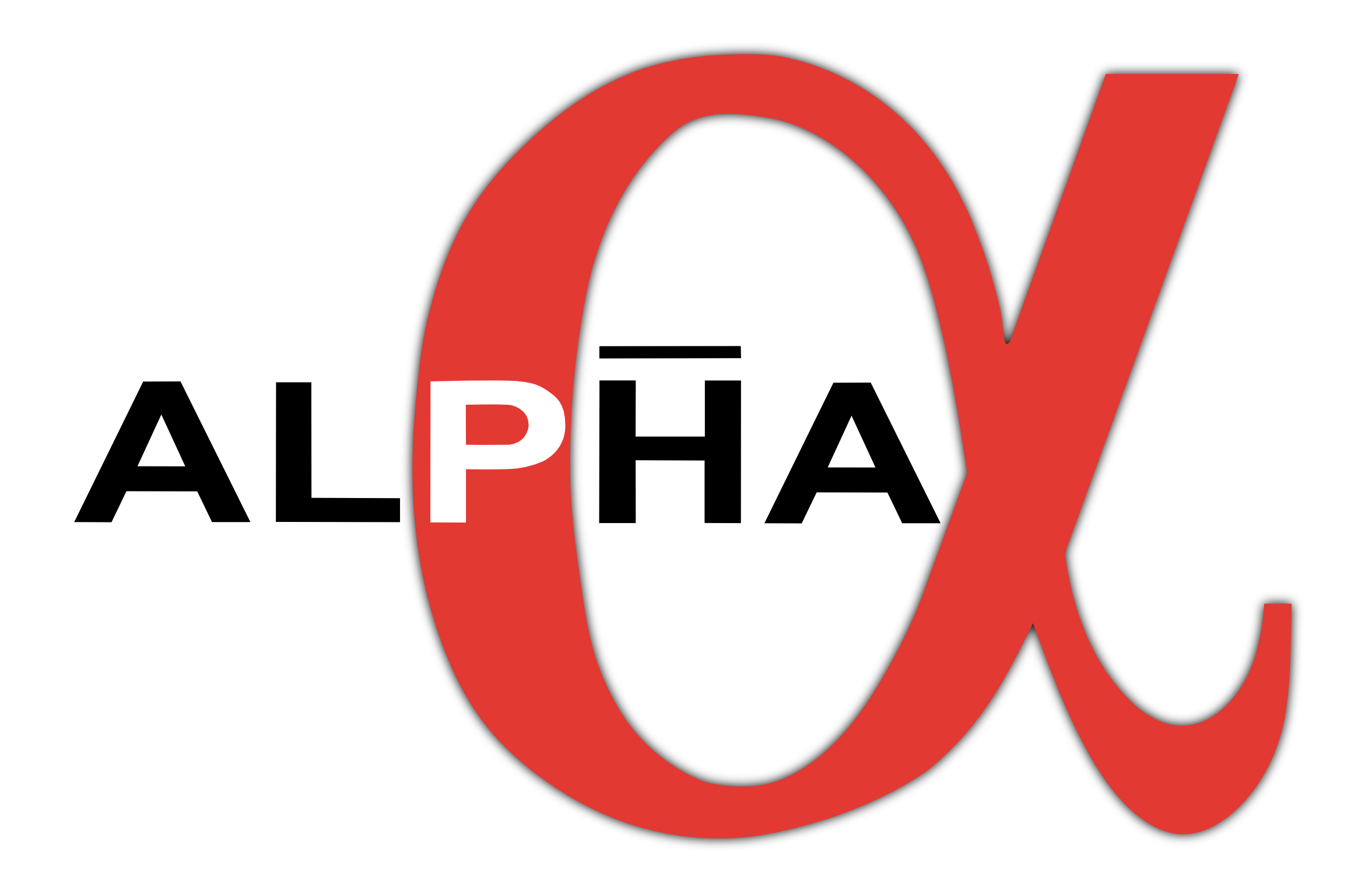The ALPHA experiment has recently entered an expansion phase of its experimental programme, driven in part by the expected benefits of conducting experiments in the framework of the new AD + ELENA antiproton facility at CERN. With antihydrogen trapping now a routine operation in the ALPHA experiment, the collaboration is leading progress towards precision atomic measurements on trapped antihydrogen atoms, with the first excitation of the 1S–2S transition and the first measurement of the antihydrogen hyperfine spectrum (Ahmadi et al. 2017 Nature 541, 506–510; Nature 548, 66–69). We are building on these successes to extend our physics programme to include a measurement of antimatter gravitation. We plan to expand a proof-of-principle method (Amole et al. 2013 Nat. Commun. 4, 1785), first demonstrated in the original ALPHA apparatus, and perform a precise measurement of antimatter gravitational acceleration with the aim of achieving a test of the weak equivalence principle at the 1% level. The design of this apparatus has drawn from a growing body of experience on the simulation and verification of antihydrogen orbits confined within magnetic-minimum atom traps. The new experiment, ALPHA-g, will be an additional atom-trapping apparatus located at the ALPHA experiment with the intention of measuring antihydrogen gravitation.
William Bertsche
